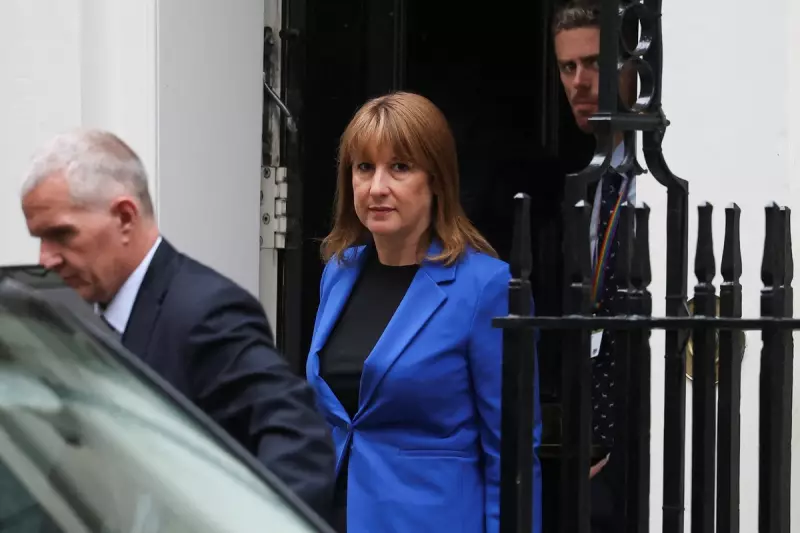
In a historic move that reshapes Britain's political landscape, Prime Minister Keir Starmer has appointed Rachel Reeves as Chancellor of the Exchequer, making her the first woman to ever hold this prestigious position in the UK's history.
The appointment forms the centrepiece of Starmer's first cabinet reshuffle, following Labour's decisive general election victory. Reeves, who served as shadow chancellor for three years, now takes direct responsibility for the nation's economic strategy at a critical juncture.
Continuity and Stability at the Treasury
The decision to appoint Reeves signals Starmer's commitment to maintaining economic stability and continuing with the financial policies outlined during the election campaign. As an economist and former Bank of England employee, Reeves brings considerable expertise to the role during a period of economic uncertainty.
Her appointment represents both a symbolic breakthrough for gender equality in British politics and a practical continuation of Labour's economic agenda. Reeves has previously emphasised her commitment to fiscal responsibility while pursuing growth through investment in green industries and infrastructure.
Key Appointments in Starmer's Cabinet
The reshuffle also confirmed several other senior positions:
- Angela Rayner becomes Deputy Prime Minister and Secretary of State for Levelling Up, Housing and Communities
- David Lammy takes the role of Foreign Secretary
- Yvette Cooper is appointed Home Secretary
- Wes Streeting becomes Health Secretary
- Bridget Phillipson takes education
- Ed Miliband is named Energy Secretary
This team represents a blend of experienced figures and fresh talent, with Starmer opting for continuity in most economic roles while bringing new perspectives to other departments.
Challenges Ahead for Britain's First Female Chancellor
Reeves assumes office during a period of significant economic challenge, with rising living costs, stagnant growth, and pressure on public finances. Her approach will be closely watched by markets, businesses, and households across the country.
The new Chancellor has promised to be "ruthless" in her pursuit of growth while maintaining fiscal discipline. Her background suggests a pragmatic approach that balances Labour's traditional values with economic realism.
As Britain enters this new political era, all eyes will be on how this historic appointment shapes the country's economic recovery and long-term prosperity.





